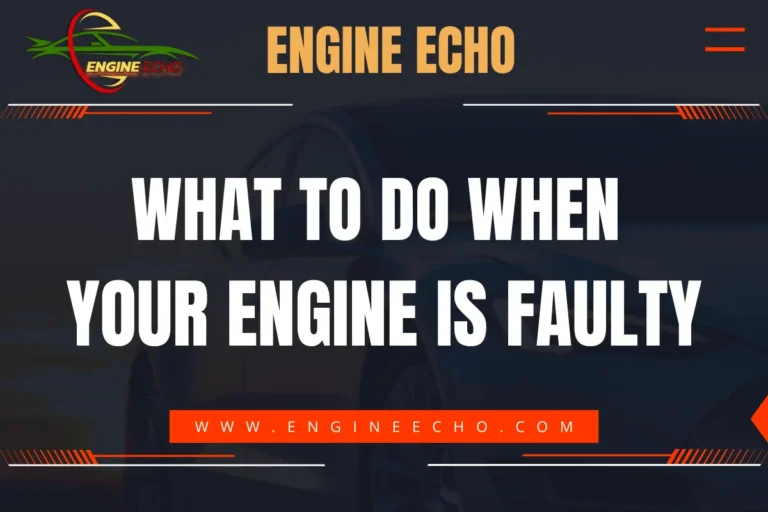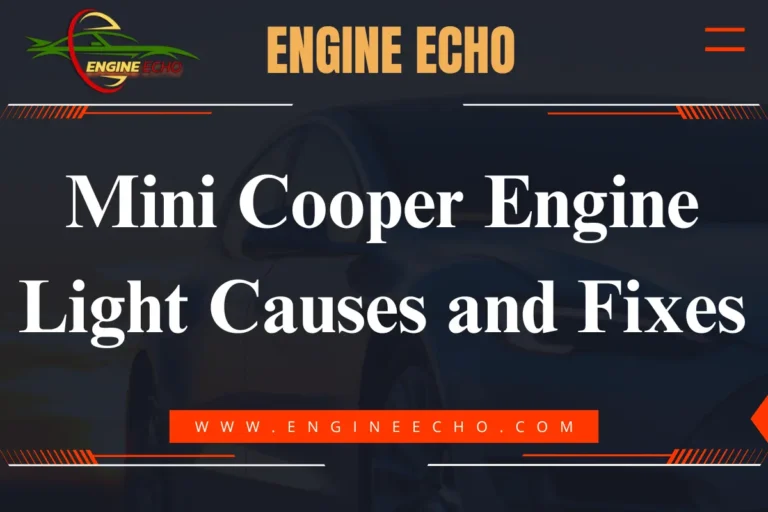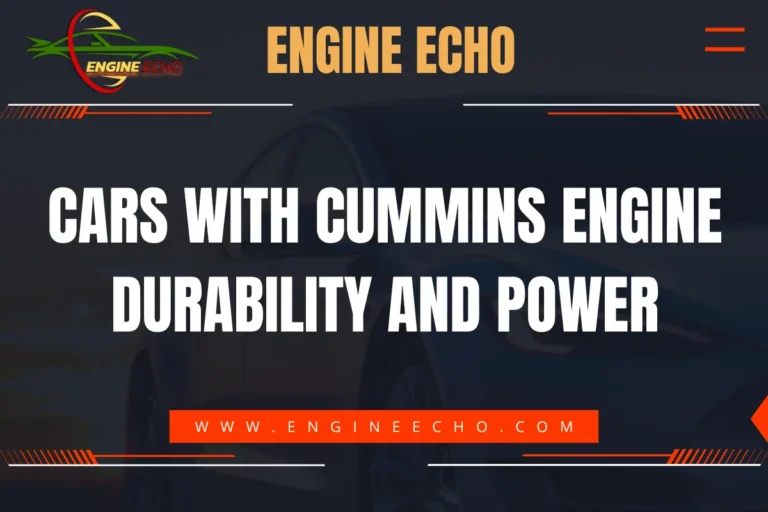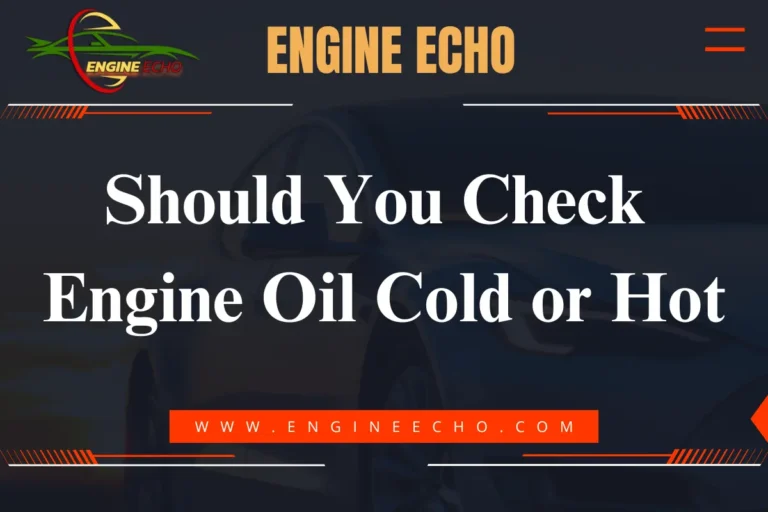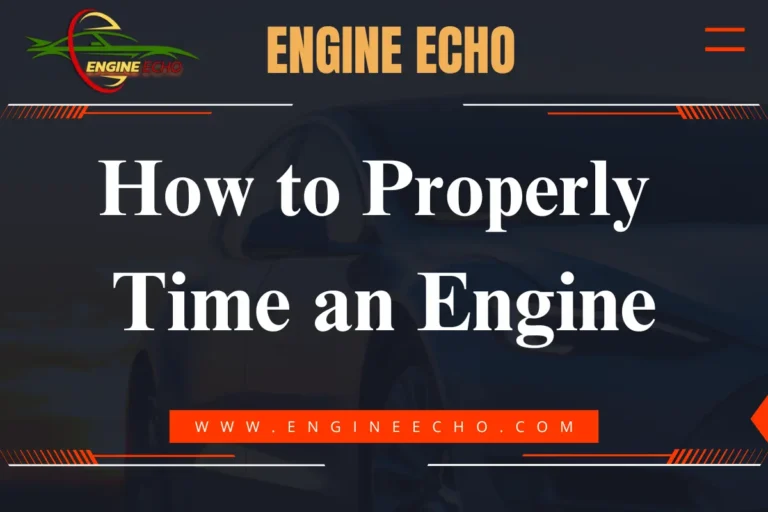Best Deals on VW Air Cooled Engines
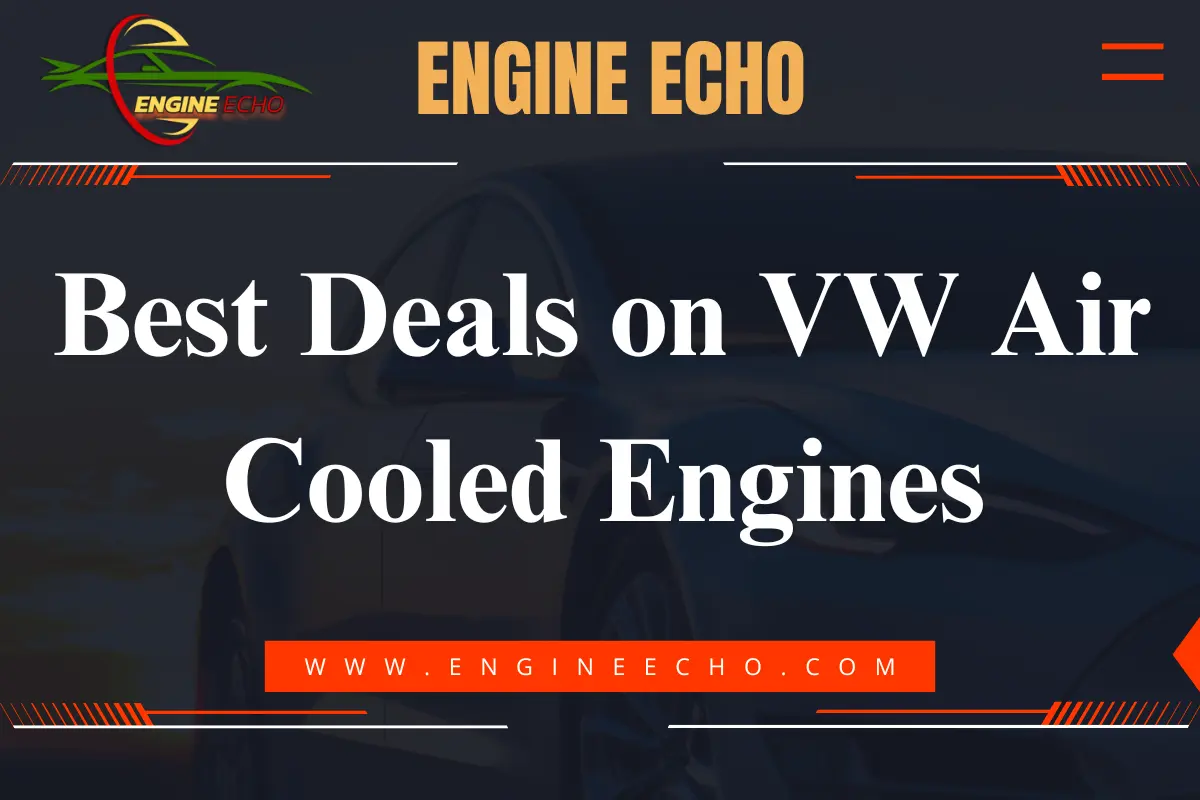
Key Takeaways:
- VW air-cooled engines are beloved for their reliability, simplicity, and timeless design, making them a go-to choice for vintage car enthusiasts.
- Both new and used VW air-cooled engines are available across online marketplaces, specialist suppliers, and local scrap yards.
- While new engines offer peace of mind with warranties, used engines can save you money but may need additional repairs or maintenance.
- Knowing key factors such as engine compatibility, condition, and service history is essential when buying a VW air-cooled engine.
- Proper maintenance, including regular oil changes and cooling system checks, will ensure the long-lasting performance of these engines.
Introduction
VW air-cooled engines aren’t just about power—they’re a part of automotive history that you can actually get your hands on. Known for powering iconic vehicles like the Volkswagen Beetle, Bus, and Karmann Ghia, these engines have a loyal fan base because they’re simple, reliable, and tough.
I’ve worked with these engines for years, and there’s something satisfying about the sound and feel of bringing one back to life. Whether you’re restoring an old VW or just looking for a classic engine with character, you need to know where to find the best deals and what to look out for. In this guide, I’ll share some of my own experiences and tips to help you make the right choice when buying a VW air-cooled engine.
1. Overview of VW Air Cooled Engines
Air-cooled engine basics
VW air-cooled engines are famous for their simple design, using air flowing over fins to cool the engine instead of relying on liquid coolant. This simplicity is a big part of what makes them so durable and easy to work on. It’s no wonder they powered millions of Beetles and Buses, giving these classic cars their unique charm.
Key Models
- Volkswagen Beetle (Type 1): The most popular and easiest to work with, in my opinion. Parts are everywhere, and if you’re just getting into air-cooled engines, this is a great place to start.
- Volkswagen Bus (Type 2): These engines power the iconic VW Bus. While I love the Beetle for its ease, there’s nothing like taking a Bus on a long trip with that air-cooled hum in the background.
- Karmann Ghia: This stylish model shares a lot of parts with the Beetle, making it another fan favorite for air-cooled enthusiasts.
Longevity and reliability
These engines last forever if you take care of them properly. I’ve personally worked on engines from the 1960s that are still running strong today. That’s the beauty of air-cooled engines—they’re simple and tough, but they do need regular care to keep going.
2. Top Sources to Find VW Air Cooled Engines for Sale
Online Marketplaces
- eBay: A great place to start if you’re looking for variety. You can find everything from fully rebuilt engines to project-worthy models that need some TLC. Just make sure to check the seller’s feedback and ask plenty of questions.
- Craigslist: If you prefer to deal locally, Craigslist is an option. I’ve had some luck finding engines here, but always inspect in person and, if possible, test it before you buy.
- VW Forums: Enthusiast communities like TheSamba.com are a treasure trove for buying and selling VW parts and engines. You’ll find a lot of folks who know their stuff and often have detailed descriptions of the engine’s condition.
Specialist Suppliers
- VW Heritage: If you’re looking for something new or professionally rebuilt, this is one of the more reliable places. It’s a bit pricier, but you get peace of mind.
- JBUGS: I’ve ordered parts from them several times. They offer rebuilt engines and parts for nearly every VW air-cooled model.
- Aircooled.net: A go-to for parts and engines with helpful customer service. I’ve always appreciated their guides and advice when working on my own projects.
Local Scrap Yards and Car Meets
Sometimes the best deals are where you least expect them. I’ve found engines in scrap yards that just needed a little work to get going. If you have the patience to dig around, it’s a great way to find a bargain. Car meets, especially VW-focused ones, are also perfect for networking and finding rare parts or engines.
3. New vs. Used VW Air Cooled Engines: Pros and Cons
New Engines
- Pros: Brand-new engines offer reliability and fewer surprises. They often come with warranties, and you won’t have to worry about past wear and tear.
- Cons: They’re expensive. A new engine can set you back anywhere from $2,500 to $5,000, depending on the model and supplier.
Used Engines
- Pros: Way cheaper—used engines can go for as little as $800 to $3,000. I’ve picked up used engines that just needed a little work, and they’ve run beautifully ever since.
- Cons: There’s always a bit of risk involved. You don’t always know how the previous owner maintained the engine, and you could end up with more repairs than you bargained for.
4. Factors to Consider When Buying a VW Air Cooled Engine
Engine Compatibility
Make sure the engine fits your VW model. I once bought an engine on a whim that didn’t even fit my car, so trust me, it’s worth double-checking! For example, a Type 1 engine is perfect for a Beetle, while Type 4 engines are for later Buses or a Porsche 914.
Condition Assessment
- Visual Inspection: Look for cracks, rust, or leaks. Some surface rust isn’t the end of the world, but if you see deep cracks or significant oil leaks, walk away.
- Compression Test: If you can, run a compression test. This will tell you if the engine is in good health or needs serious work. It’s always saved me from buying engines with hidden problems.
Mileage and Age
Older engines with high mileage can still be a good buy, but they might need a rebuild. It’s a balance between cost and how much work you’re willing to put in.
5. Key Features to Check Before Purchase
Compression Test
A solid compression test result (around 100-150 PSI per cylinder) is a good indicator that the engine’s internals are still in decent shape. Once, I almost bought an engine with a low compression reading, and I’m glad I walked away—it would’ve been a nightmare to fix.
Visual Inspection
Make sure to check for oil leaks and signs of wear. I’ve seen engines that looked fine from the outside but were leaking like crazy once I started them up. Pay attention to the cooling fins, seals, and gaskets.
Documentation
If the seller has service records or rebuild documentation, that’s a huge plus. I always feel more confident buying an engine that comes with a well-documented history.
6. Price Range Guide for VW Air Cooled Engines
- New Engines: $2,500 – $5,000 for factory-new or rebuilt engines with warranties.
- Used/Rebuilt Engines: $800 – $3,000, depending on the condition and what comes with the engine. If it’s been rebuilt recently, it might be on the higher end, but it can still be a great deal.
7. Popular Engine Models and Their Unique Characteristics
1.6L Type 1 (Beetle Engine)
This is by far the most common engine and the easiest to find parts for. It’s a great starter engine if you’re just getting into air-cooled VWs, and it’s reliable as long as you keep up with maintenance.
Type 4 Engine (Porsche 914 Engine)
If you’re after more power, the Type 4 is the way to go. It’s a bit more expensive and harder to find, but it delivers stronger performance, especially in heavier models like the VW Bus or Porsche 914.
8. How to Negotiate for the Best Deals on Used Engines
- Research the Market: Check forums and other listings to see what similar engines are going for. When you have a good idea of the market, you’ll have more leverage in negotiations.
- Inspect in Person: Never buy a used engine without seeing it yourself. I’ve been burned before by buying an engine sight unseen—it’s not worth the risk.
- Check the History: Always ask for the service history or rebuild documentation if available. Engines with a solid paper trail are generally worth paying a little more for.
9. Maintenance Tips for Air Cooled Engines After Purchase
- Oil Changes: Change the oil every 3,000 miles or 6 months. It’s the easiest way to keep your engine running smoothly.
- Valve Adjustments: Learn to adjust the valves every 6,000 miles. It might sound intimidating, but once you get the hang of it, it’s pretty straightforward.
- Cooling System Check: Always keep an eye on the cooling system—clean fins and a tight fan belt will keep your engine from overheating, which is the quickest way to ruin it.
10. Finding and Sourcing Parts for Air Cooled VW Engines
- Aftermarket Suppliers: CIP1 and Wolfsburg West are my go-to sources. They offer reliable aftermarket parts, and I’ve never had an issue with their service.
- Original Parts: If you want authenticity, original parts are the way to go. They’re more expensive, but they fit perfectly and last longer.
11. Rebuilding vs. Buying a New VW Air Cooled Engine
- Rebuilding: If you’re mechanically inclined, rebuilding an engine can be a rewarding project. I’ve rebuilt a few, and there’s nothing like hearing that engine fire up for the first time after putting in all the work.
- Buying New: It’s more expensive, but if you’re not interested in tinkering, a new engine can save you time and effort.
12. Case Studies of Successful Purchases and Rebuilds
- Case 1: I found a rebuilt 1600cc engine on a forum for $1,200. After a few minor adjustments, it ran perfectly for years.
- Case 2: A buddy of mine bought an old engine for $500 and spent a few months rebuilding it. In the end, he had a nearly new engine for under $2,000, and it’s still running great today.
Conclusion
VW air-cooled engines aren’t just for getting you from point A to B—they’re a piece of history you can feel every time you hit the road. Whether you’re buying new, used, or rebuilding one yourself, the key is knowing what to look for and how to care for it. With a little attention, these engines will keep running for decades, preserving a classic part of automotive heritage.
FAQs:
- What is the lifespan of a VW air-cooled engine?
With proper maintenance, a VW air-cooled engine can last well over 100,000 miles. - Where can I find rare VW engine parts?
Specialist suppliers like Wolfsburg West or online marketplaces such as TheSamba.com are good sources. - Is it worth buying a used VW air-cooled engine?
Absolutely, as long as the engine’s in good shape or has been rebuilt recently. - How often do air-cooled engines require maintenance?
Oil changes should be done every 3,000 miles, and valve adjustments every 6,000 miles for optimal performance. - Can I rebuild a VW air-cooled engine myself?
Yes, many enthusiasts choose to rebuild their engines. With the right tools and knowledge, it can be a rewarding project.
Thanks for checking out this article on EngineEcho.com! Hope you found this article: "Best Deals on VW Air Cooled Engines" helpful! If you liked it and want to dive into more car engine topics, head over to our homepage. There's always something new to discover in the world of engines. Enjoy your reading journey!
Check out our previous article: Air Cooled VW Engines for Sale: Top Options


